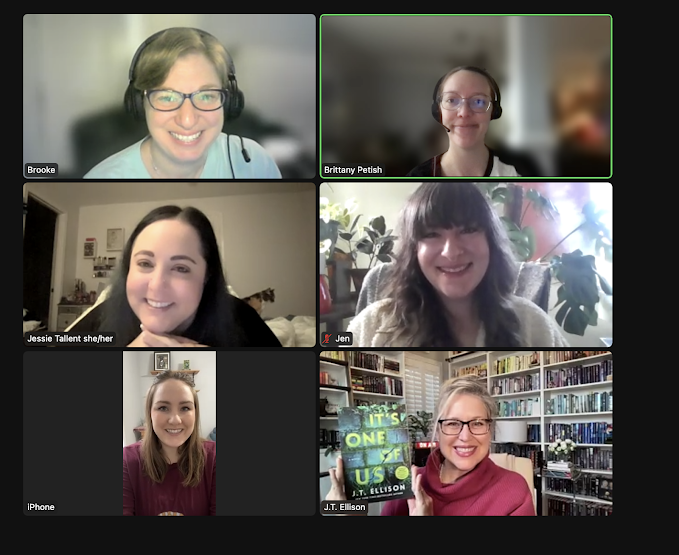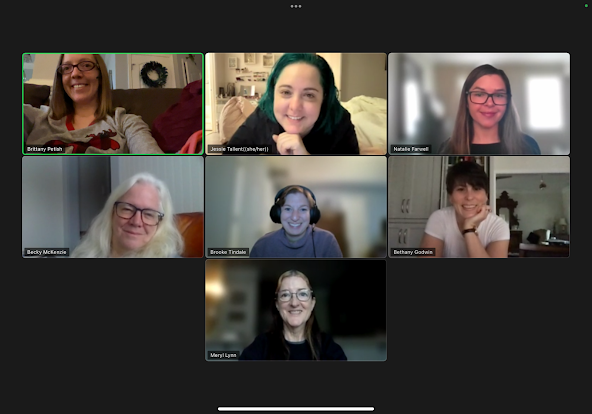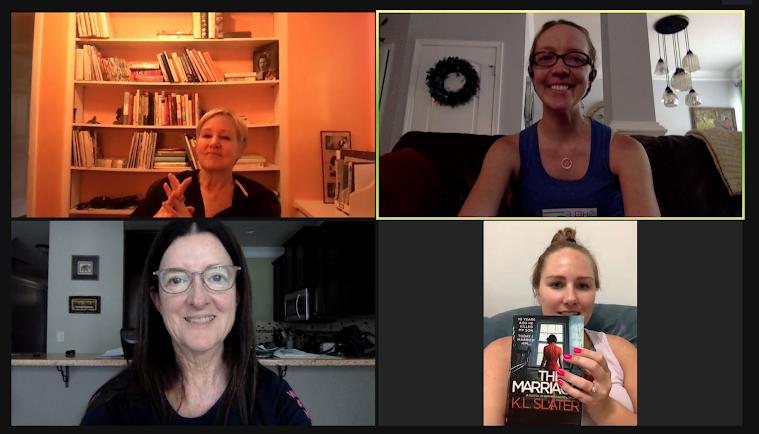Book #14: Instructions for Dancing, Nicola Yoon
Synopsis:
Evie Thomas doesn’t believe in love anymore. Especially after the strangest thing occurs one otherwise ordinary afternoon: She witnesses a couple kiss and is overcome with a vision of how their romance began . . . and how it will end. After all, even the greatest love stories end with a broken heart, eventually.
As Evie tries to understand why this is happening, she finds herself at La Brea Dance studio, learning to waltz, fox-trot, and tango with a boy named X. X is everything that Evie is not: adventurous, passionate, daring. His philosophy is to say yes to everything–including entering a ballroom dance competition with a girl he’s only just met.
Falling for X is definitely not what Evie had in mind. If her visions of heartbreak have taught her anything, it’s that no one escapes love unscathed. But as she and X dance around and toward each other, Evie is forced to question all she thought she knew about life and love. In the end, is love worth the risk?
How did you come up with the idea of Evie’s ability to see the history and future of people’s relationships? Were there challenges to incorporating a supernatural element that you didn’t encounter when writing your previous books?
I wrote Instructions for Dancing during a very hard time in my life. My mom was diagnosed with cancer. For a long time, we weren’t sure if she would make it. My father-in-law was also diagnosed with cancer, and he died within a year. During that time I kept coming back to the question of why we allow ourselves to love other people when losing them will hurt so much. For the book, I decided to make that philosophical question more concrete. I gave Evie the ability to see the happy beginnings and the sad endings of other people’s relationships so that she could wrestle with the question that had been haunting me.
Instructions for Dancing is your first book with a supernatural element, but all three of your books ask big questions about love. How was the writing process for it similar to or different from Everything, Everything and The Sun Is Also a Star?
My physical writing process was much the same. I wrote the first draft by hand starting at about five a.m. on most weekdays. Emotionally—because of the health issues with my family—the writing was quite a bit different from my other books. When I started writing this book, I didn’t trust the world or my ability to make sense of it. By the time I got to the end, I’d made some peace with all the uncertainty life can throw at you.
In writing this book, did you come to an answer to this big question? Is love worth the heartbreak and sorrow that can come with it?
In the end, I don’t think we have a choice about whether to love. To love is as much a part of the human condition as breathing.
You and your husband took dance lessons! How was that? Did you do any other research for this book?
We had so much fun! We made it a part of our weekly date night and learned bachata and the tango.
X is in a band, and you incorporate songwriting and lyrics into the book. What songs have inspired you while writing this book?
So many songs inspired it! I have a playlist that includes fourteen songs, but I’ll tell you my top three: “Love” by Kendrick Lamar, “The Book of Love” by The Magnetic Fields, and “Fuck It and Whatever” by The Echo Friendly.
If Evie is more cynical and sarcastic than your other heroines, how does X compare to Olly and Daniel? Are your books in conversation with each other, or any other books?
X is the kind of person who is in love with the world. He’s curious and spontaneous, and he believes in the fundamental goodness of other people. He’s less cynical than Olly and more confident than Daniel. Honestly, everyone should strive to be a little more like X.☺
I do think my books are in conversation with each other. I tend to think of all three as my Love Trilogy. I’m really interested in the way a big love can change us for better or for worse.
The catalyst of Evie’s cynicism toward love is the divorce of her parents, but throughout the book, it affects her whole outlook on relationships in general, including the ones with her friends and family. Heartbreak is a risk that is part of life. What do you hope readers will take away after reading?
I hope readers will hold on a little tighter to the people they love. One of the very hard lessons I’ve had to re-learn over the last couple of years is that there are no guarantees. We don’t have forever with the people we love.
Where do you see Joy Revolution in five years?
Still publishing big, swoony romance books written by people of color about people of color. Joy Revolution books will be joyful ones that allow people of color the full measure of their humanity.






Comments
Post a Comment
Drop us a line and let us know what you thought about the book...